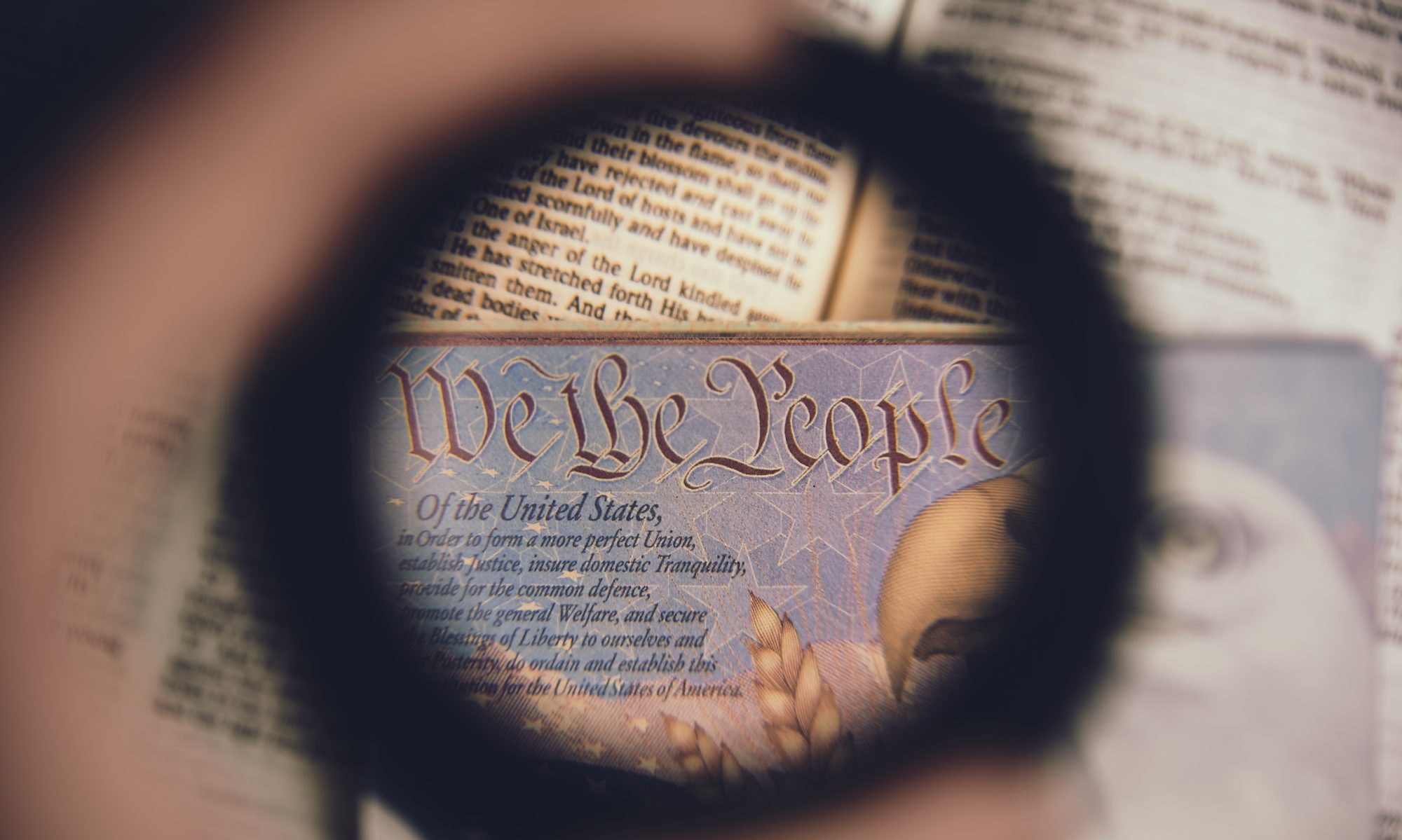By: TJ Martinell
Previously I’ve examined what the phrase “bear arms” meant in the Second Amendment. The evidence makes it obviously clear it referenced both military and civilian use of weapons.
But what did the word “arms” mean at the time?
Today the word “arms” refers collectively to offensive or defensive weapons. The word’s meaning has changed little since it was first used seven hundred years ago. It’s definition has never restricted civilian use of military weapons, including when the Second Amendment was approved.
“Arms” comes from Middle English and originated from the Old French word “armes,” which meant “weapons of a warrior.” This word dates back to 1300. “Arms” also originates from the Latin word for “weapons,”arma.” This word was also first used in the 14th Century.
(On a side-note, the word “firearms” popped up around 1640 to describe weapons that used gunpowder compared to other arms like bows and arrows)
It’s clear the meaning allowed for a very broad definition of what constituted “arms.” The Bill of Rights of 1689 states that the “subjects which are Protestants may have arms for their defence suitable to their conditions and as allowed by law.”
The last part of the sentence is very telling. It’s a conditional phrase meant to limit the type of “arms’ allowed by Protestant subjects. The limitation imposed meant that the word “arms” had a definition permitting a very wide range of weapons including those the document’s authors decided could be restricted by law.
From this we can conclude that the word “arms” referred to weapons found among contemporary military arsenals.
In 1755 Dr. Johnson’s Dictionary of the English Language was first published. It defined “arms” as “weapons of offence, or armour of defence.”
Again, the meaning does not exude military weapons.
Since the word “arms” means the same thing today as it did centuries ago it’s only logical the authors of the Second Amendment meant the same thing. And unlike the English Bill of Rights, there are no limitations placed on the right to keep and bear arms in the U.S. Constitution.
Not that it would matter, since it is a natural right not a privilege granted to us by the government. But it removes this one final argument a gun control advocate might make to justify restrictions.
But most importantly, the same people who advocated for the Second Amendment preferred an armed populace over a standing army.
During the Virginia Ratifying Convention anti-federalist George Mason said the following (bold emphasis added):
No man has a greater regard for the military gentlemen than I have. I admire their intrepidity, perseverance, and valor. But when once a standing army is established in any country, the people lose their liberty. When, against a regular and disciplined army, yeomanry are the only defence,–yeomanry, unskilful and unarmed,–what chance is there for preserving freedom?
If you don’t believe your country should have a standing army, it would make sense to advocate a populace have military weapons capable of warding off invasion or mobilizing for war rather than disarming the people and hoping the army doesn’t become a threat to freedom.
It’s also why Mason referred to “militia” as the ‘whole of the people, except for a few public officials.”
We do not need to explain why we should be allowed to keep weapons used by the military. Those who believe we should have a permanent military with exclusive access to certain types of firearms need to explain how such an arrangement will ensure liberty in contradiction of both common sense and the warnings of founders like Mason.
It’s common to hear gun control advocates argue that the founders wouldn’t have included modern firearms under their definition of “arms.” At best this is amusing speculation at best and at worst an argument made in bad faith. It could also be used to justify Internet censorship under the claim the founders were only referring to an 18th Century printing press in the First Amendment.
It’s obvious to the intellectually honest that in using the word “arms” the Second Amendment’s writers acknowledged the right of ordinary citizens to keep and bear the same weapons used by soldiers in the military. Our rights are not and should not be be based on the technology at the time those rights were acknowledged.


Spot on…